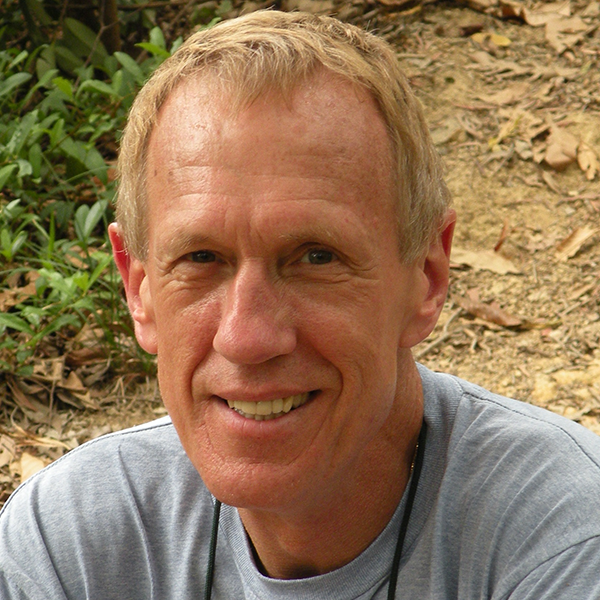
Ken Hyland
Ken Hyland is Professor of Applied Linguistics in Education at the University of East Anglia, UK. He was previously a professor at University College London and the University of Hong Kong. He has published over 230 articles and 27 books on academic discourse and EAP with over 31,000 citations on Google Scholar. A collection of his most significant work (the Essential Hyland) was published by Bloomsbury in 2017. He is founding co-editor of the Journal of English for Academic Purposes, an Honorary professor at Warwick University, and a Fellow of the Hong Kong Academy of the Humanities.
University English language teachers are invariably required to make the maximum impact on their students’ learning in a highly constrained and time-restricted context. Students typically come from their secondary schools unprepared for the burden of disciplinary study and have to learn quickly how to cope with these demands. The total reform of the educational system in Hong Kong, which removed a year from students’ school experience and added it to their time at the university, threw these issues into sharp focus. For those of us responsible for English language provision, it presented both an enormous challenge and an opportunity to reconsider the kind of English that we should be teaching and how we might create courses which best prepared students for their studies. University language centres grasped this opportunity in different ways depending on their resources, their students and their degree of institutional flexibility, but at the University of Hong Kong, we decided to redesign our courses to focus on “English in the Discipline.” This recognizes that because the conventions of academic communication differ considerably across disciplines, identifying the particular language features, discourse practices, and communicative skills of target groups becomes central to teaching English in universities. Teachers, therefore, had to become researchers of the genres they teach and to devise courses around the principle of ‘specificity.’ In this presentation, I talk a little about this process, but mainly discuss the principles of disciplinary specific language on which it is based, drawing on my research over the last decade to highlight the disciplinary-specific nature of writing and argue for a specific view of teaching EAP.